AGUSAN DEL NORTE, May 4, 2023 – Agusan farmers underwent Abaca Production Good Agricultural Practices (GAP) in preparation for the Department of Agriculture – Special Area for Agricultural Development (DA-SAAD) Program Phase 2’s project turnover for said industrial crop in the province.
Twenty-five (25) farmers received a two-day technical skills enhancement training held at the Remedios T. Romualdez (RTR), Agusan del Norte, on April 12-13, 2023. While not new to the activity, the GAP aims to tackle proper startup for abaca production establishment such as (a) land preparation, (b) clearing to seedling preparation, (c) field lay outing, planting, and (d) caring for new plantations, which includes weeding and fertilizer application frequency.
The San Antonio Farmers Organization (SAFO) from Brgy. San Antonio is a group of abaca farmers with an existing abaca plantation, which was formally organized and registered with the Department of Labor and Employment in March 2023.
During the Beneficiary Needs Assessment (BNA), abaca production emerged as the preferred project of the group. While most have experience with industrial crop production, the group admitted lacking technical knowledge on abaca pests and diseases, treatment and control management, which the training tackled.
SAFO President Oliver Taculayan said that through the training, they learned how to effectively take care of abaca and manage pests and diseases.
“Nahibalan namo unsaon pag atiman sa abaca, labi na ang sa pag sumpo sa sakit nga mao ang rason nganong ang uban sa among tanom dili produktibo,” (We learned about how to take care of abaca, especially in treating various pests and diseases that are the main reason why some of our existing plantations are not productive) expressed Mr. Taculayan.
Abaca matures 18 months after planting and can be harvested every other three months. Group members earn from their existing plantation estimated at 74.45 ha. They sell their abaca fiber, mostly manually produced, to San Antonio Integrated Farmers Multi-Purpose Cooperative (SAIFMULCO), a fiber consolidator within the community.
Under FY 2023, SAFO members will receive 15,000 abaca planting materials to be planted individually with complementary fertilizers, insecticides, farm tools, and a stripping machine as components of the Abaca Production Project worth Php 1,488,800.00.
Provincial Fiber Officer Johvany C. Delarosa of the Philippine Fiber Industry Development Authority (PhilFIDA) – Caraga served as training resource person. He also discussed abaca fiber’s status, trends, prospects, and opportunities.
In 2022, as per PhilFIDA data, Caraga ranked third among the top abaca-producing regions in the country with an estimated 10,000 metric tons (MT) fiber production, next to Bicol Region (1st) and Davao Region (2nd).
The country’s overall fiber production is estimated at 62,640.63 MT, remaining the top abaca-producing country, supplying 85% of the fiber demand in the world. Pulps, cordage and twines, fibrecrafts, fabrics, yarns, and raw fiber are among the common abaca products.
The participants with Mr. Delarosa also conducted a field visit, surveying the existing abaca plantation in the community to identify pests and diseases and discuss treatment and preventive measures. ###
Writer: Mark Angelo Pineda, DA-SAAD Caraga Regional Information Officer

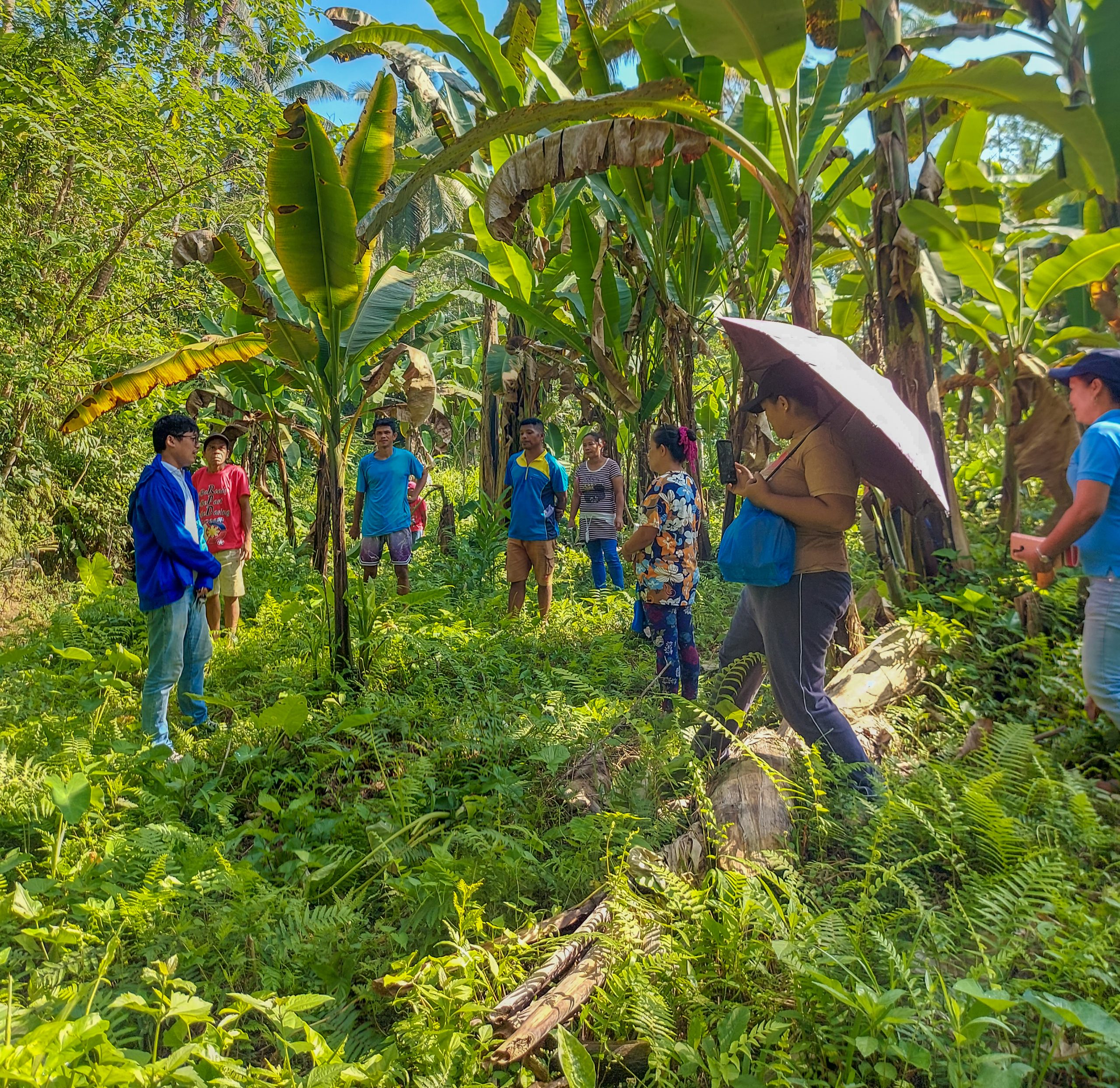
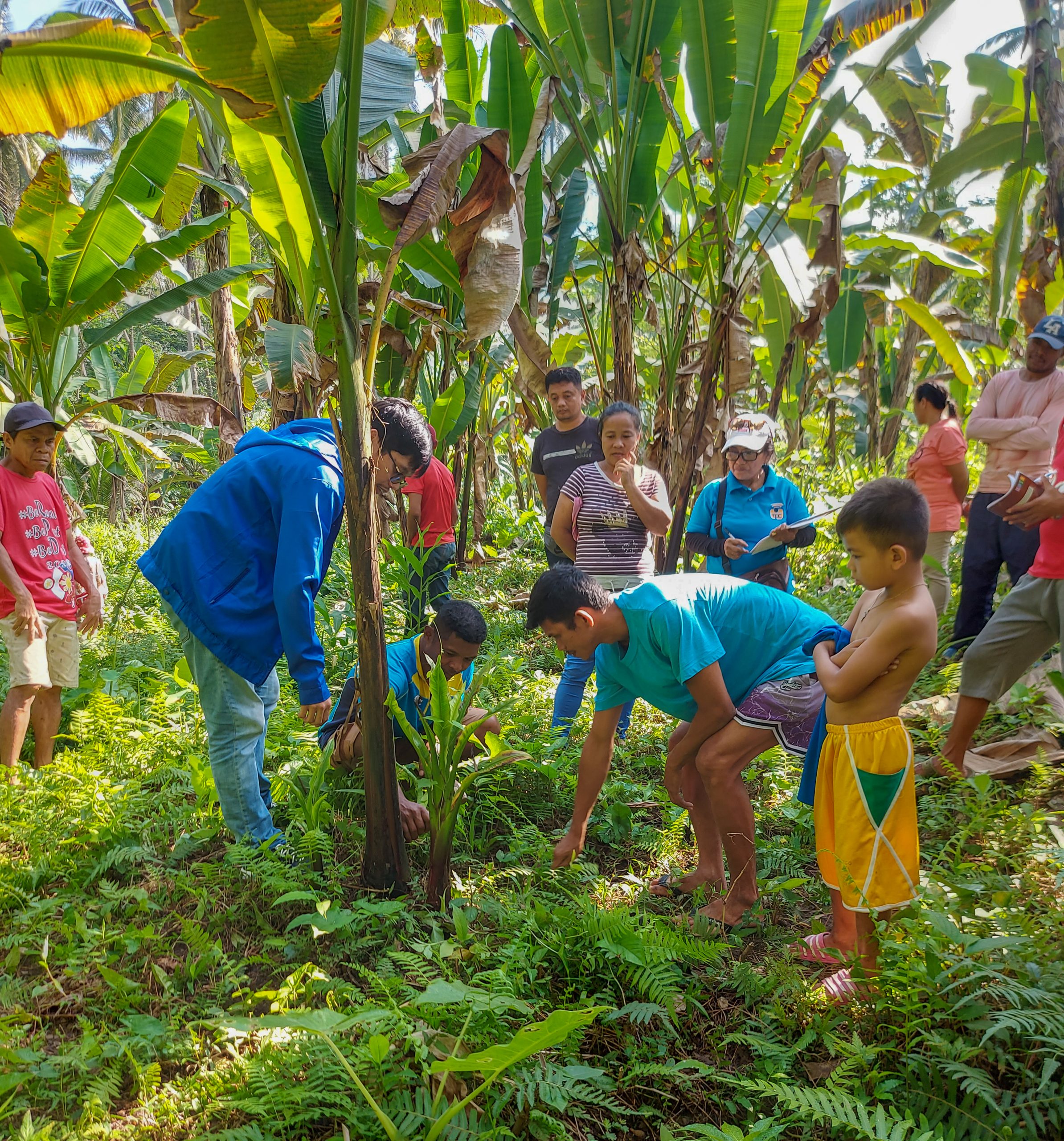
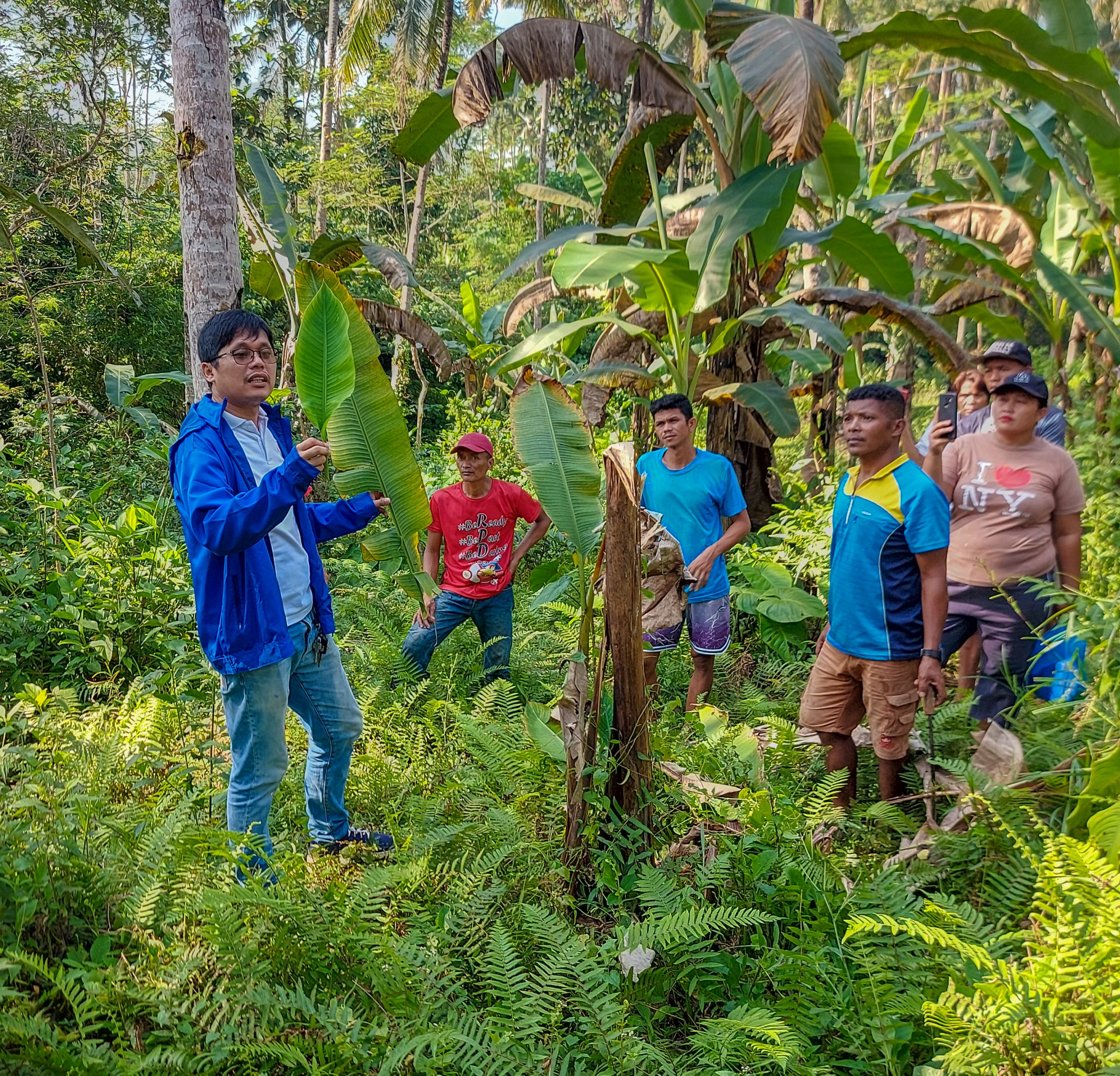
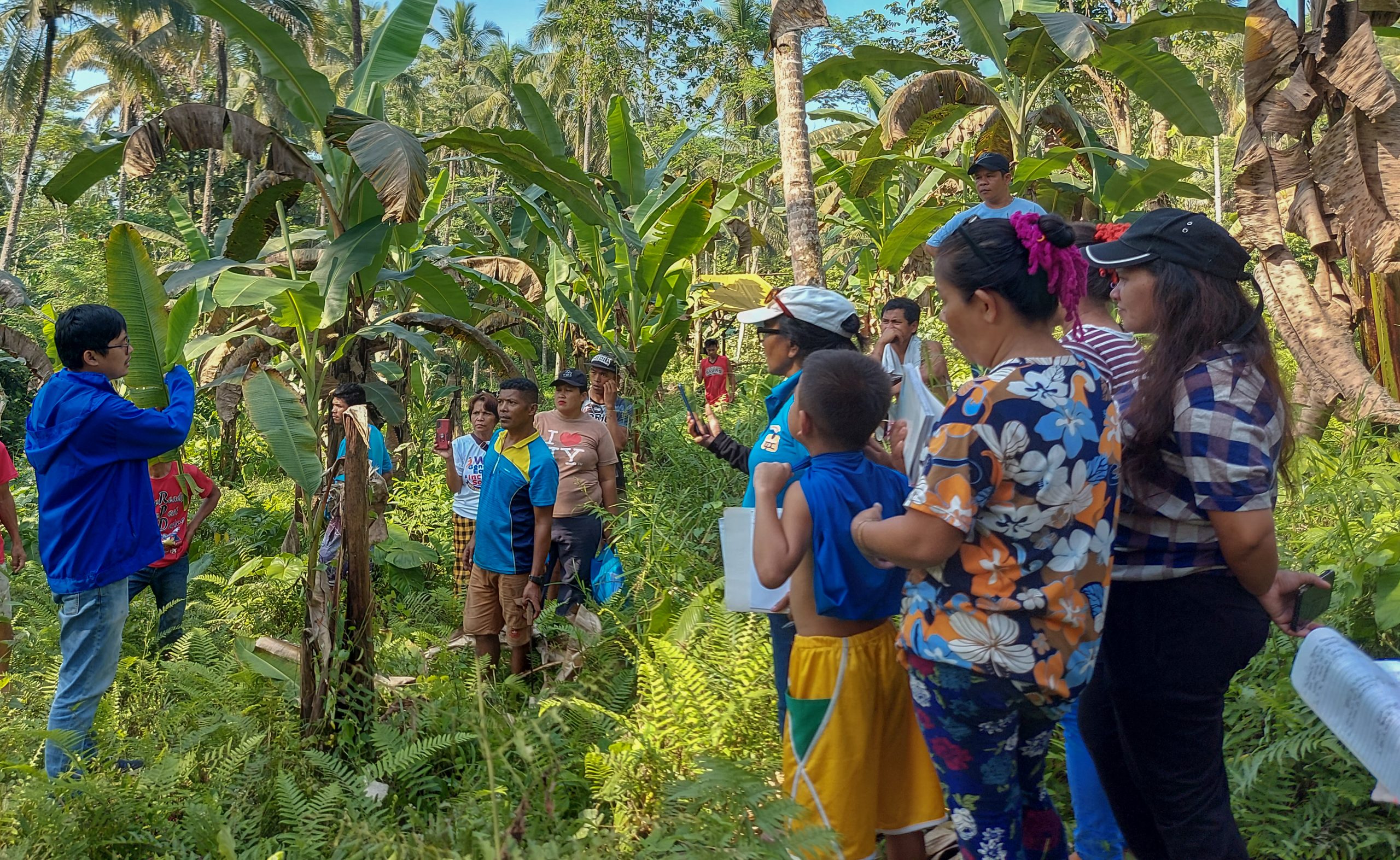
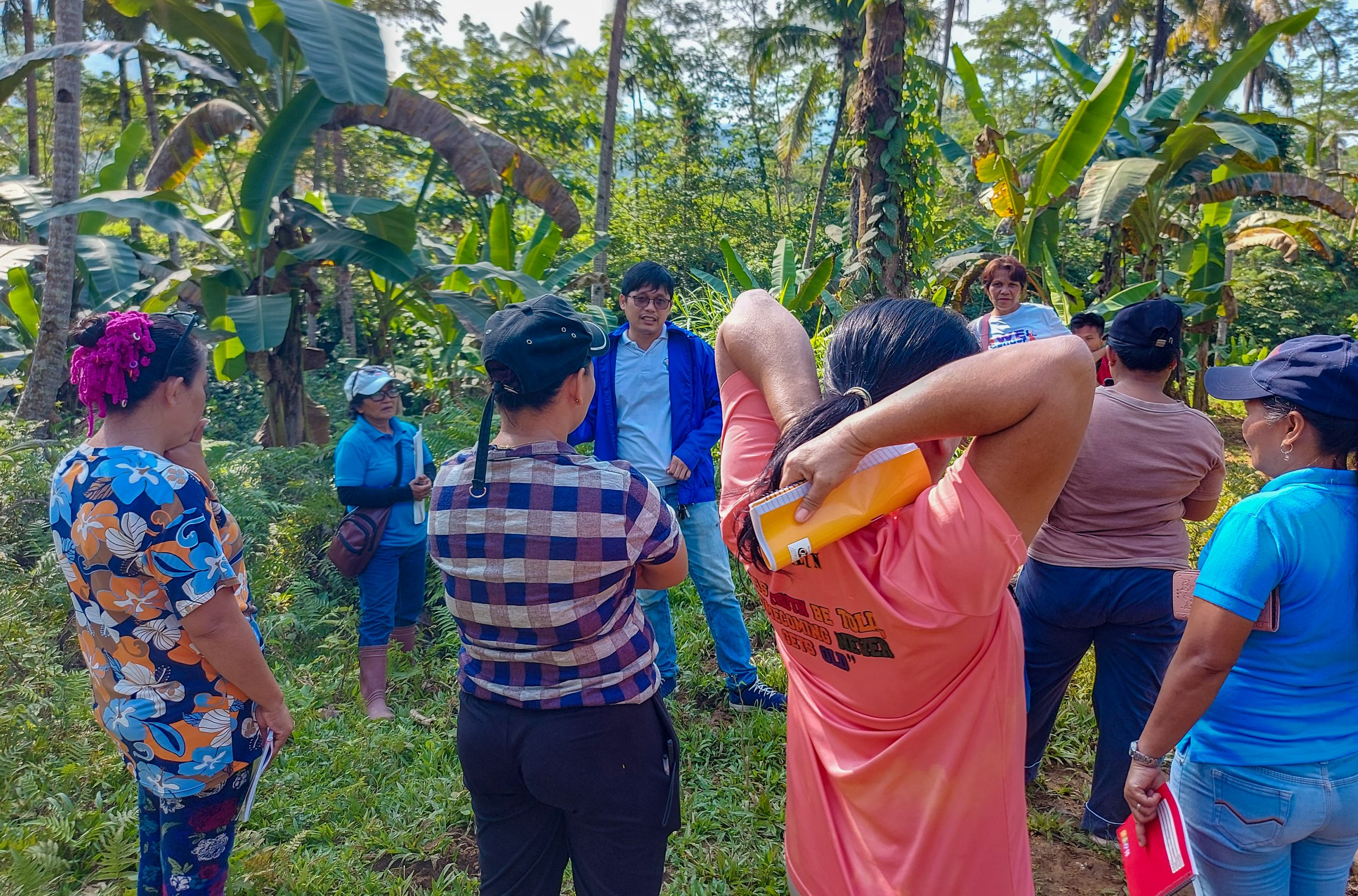
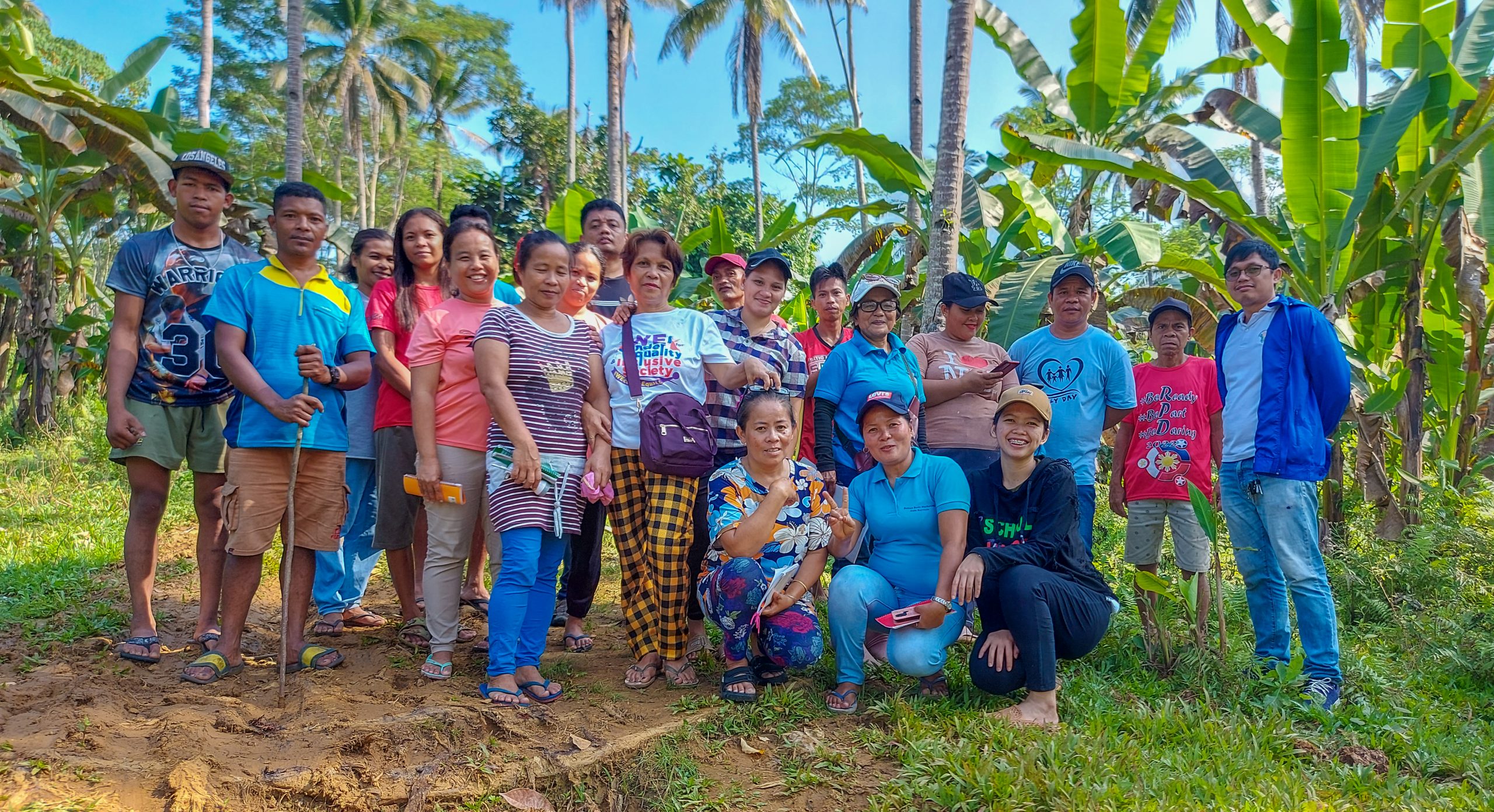
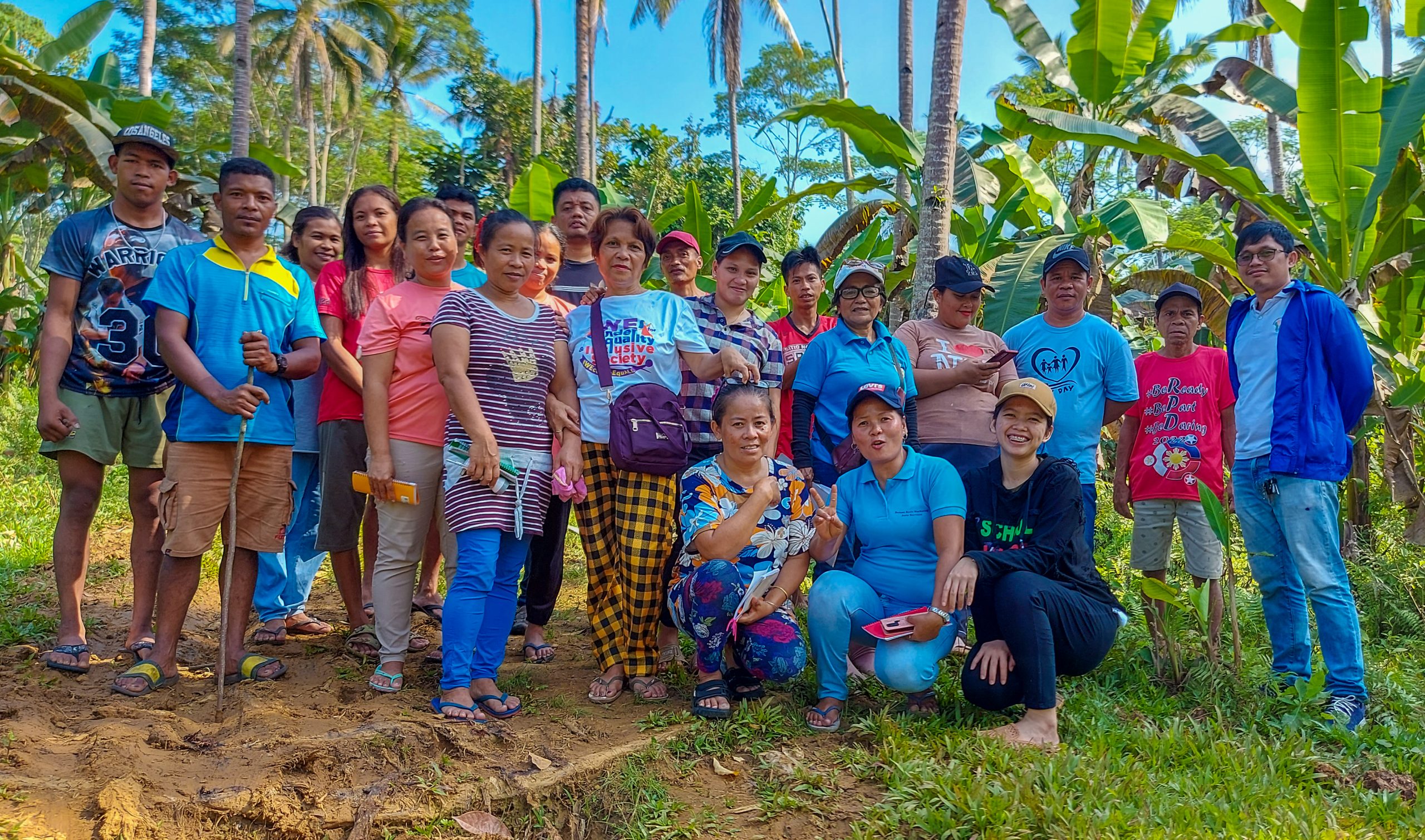
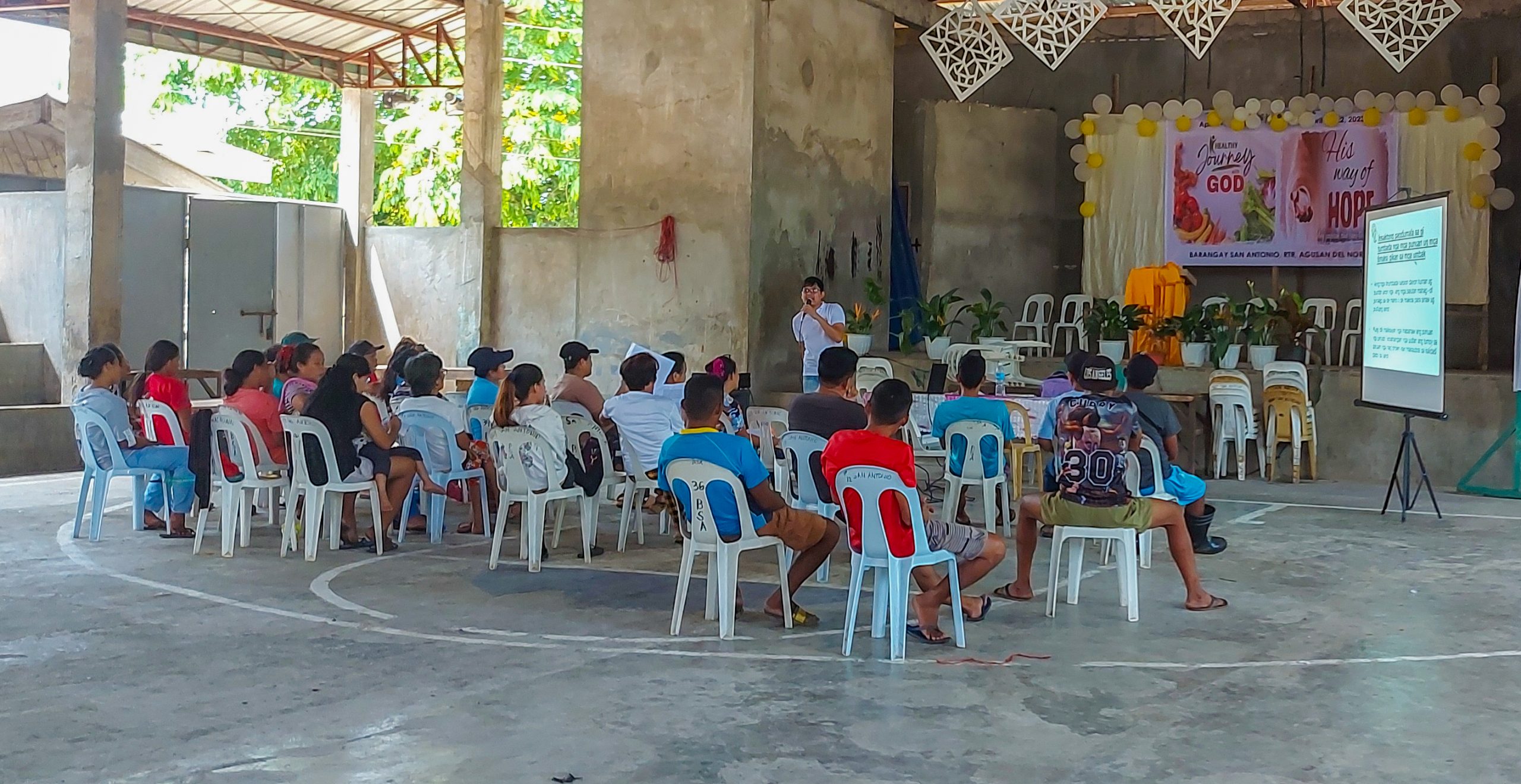
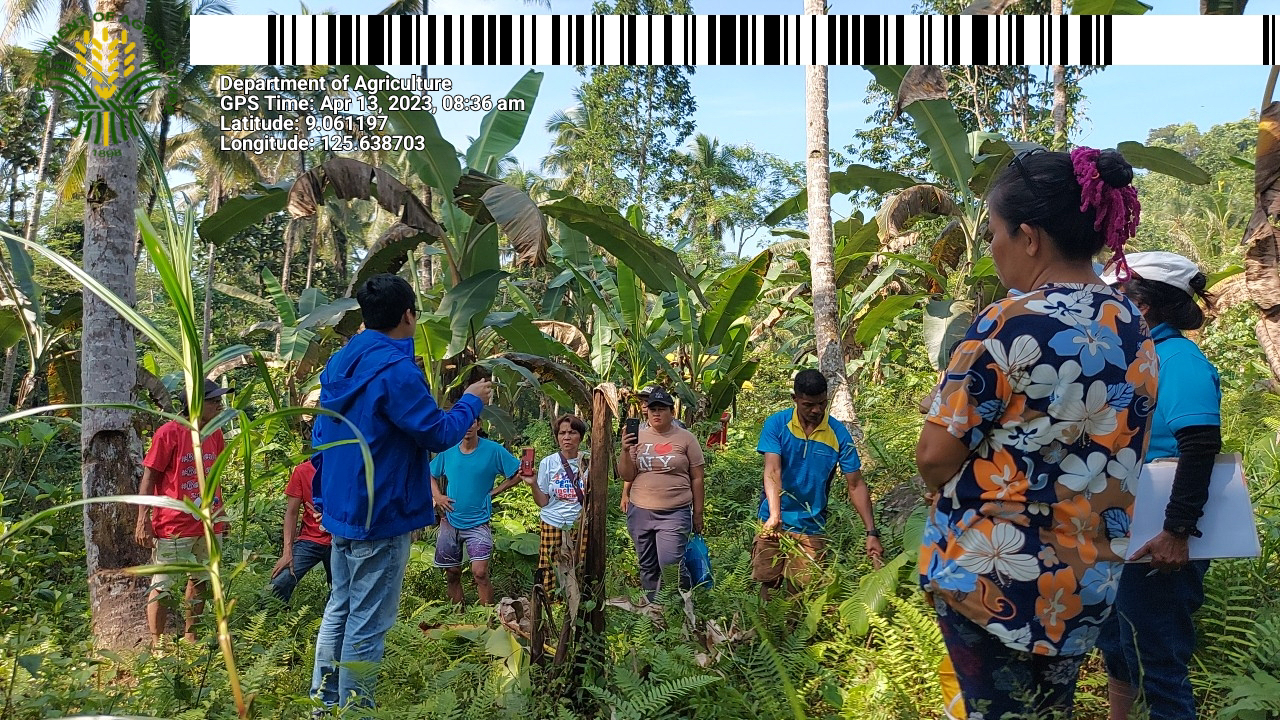
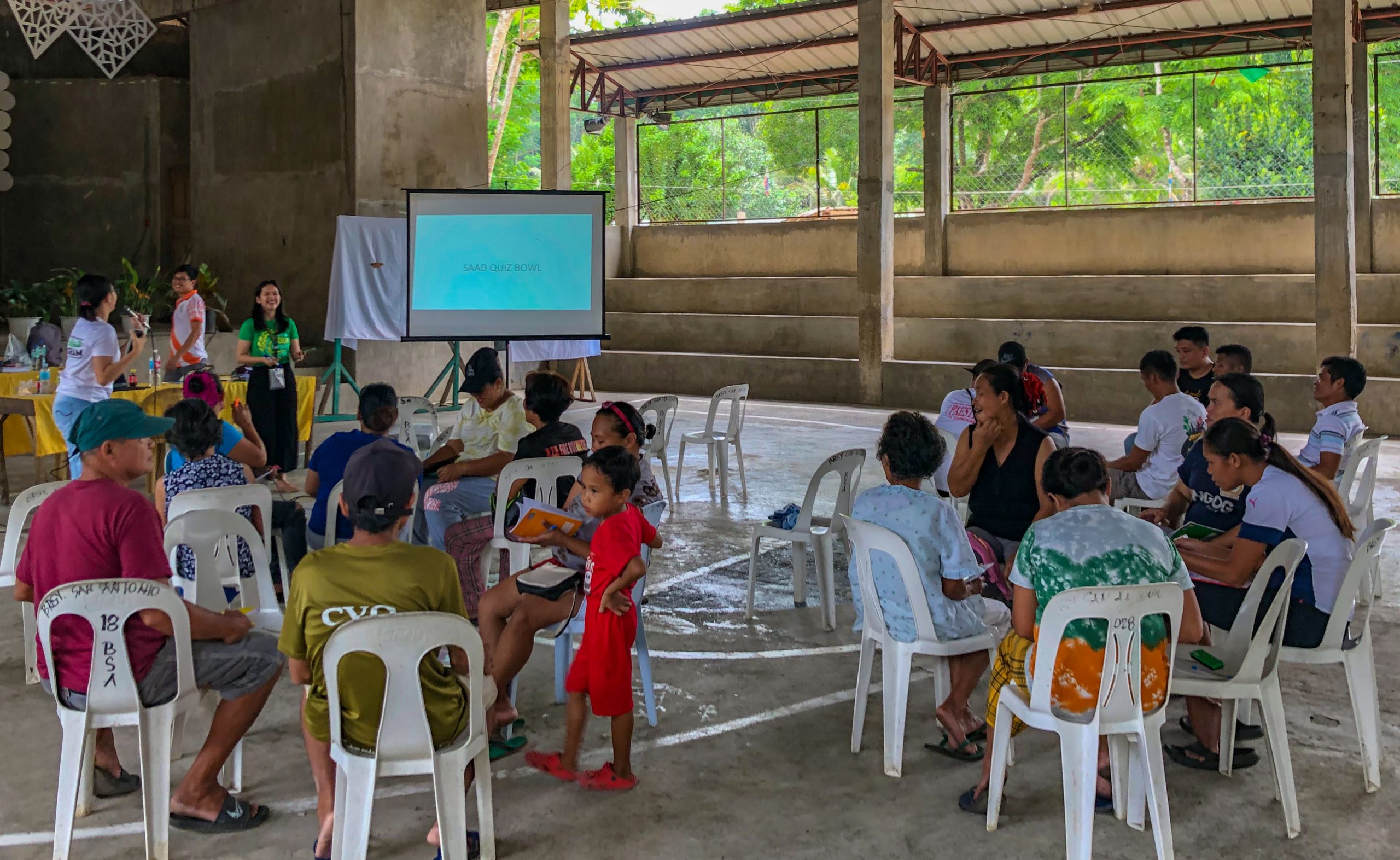
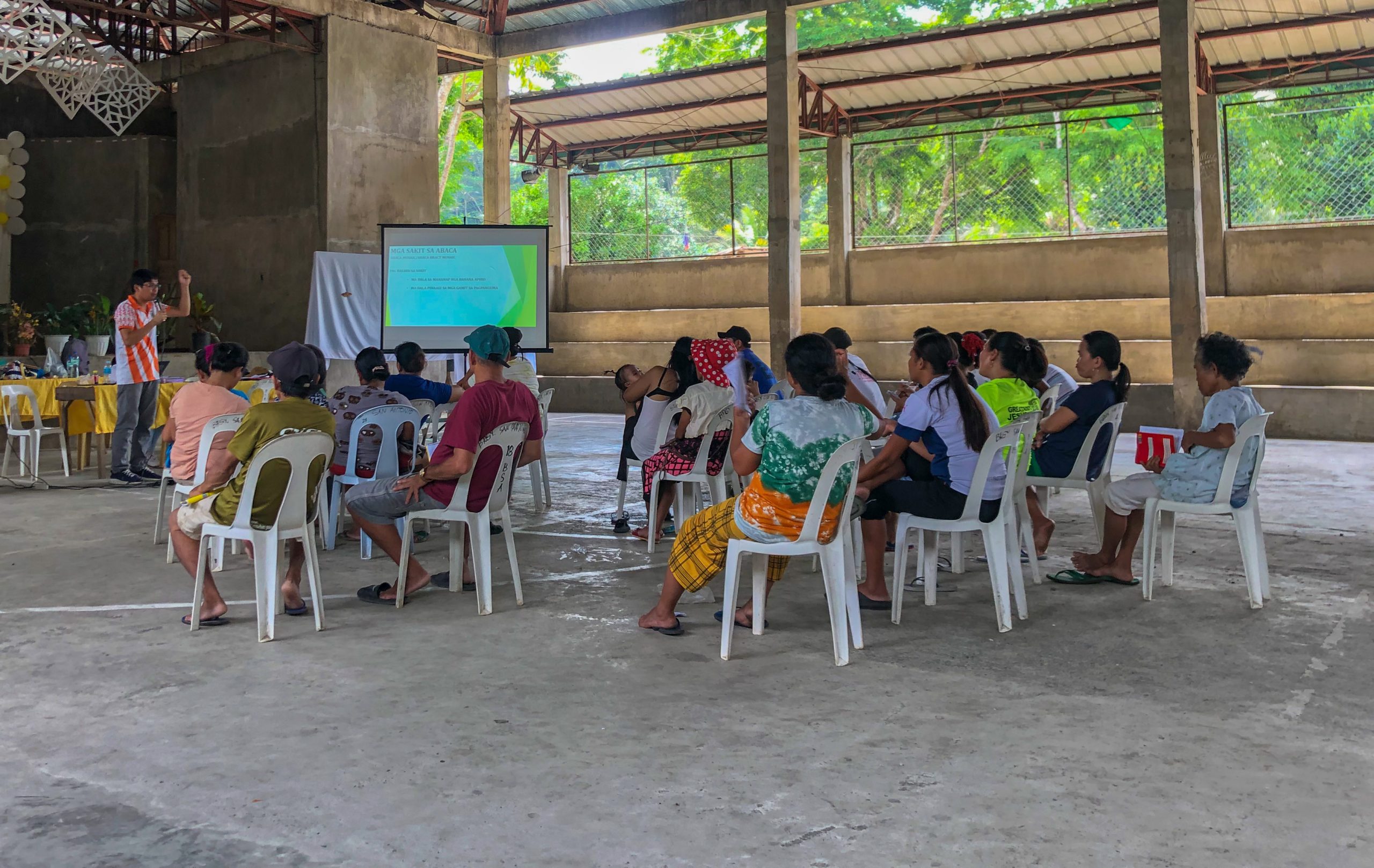
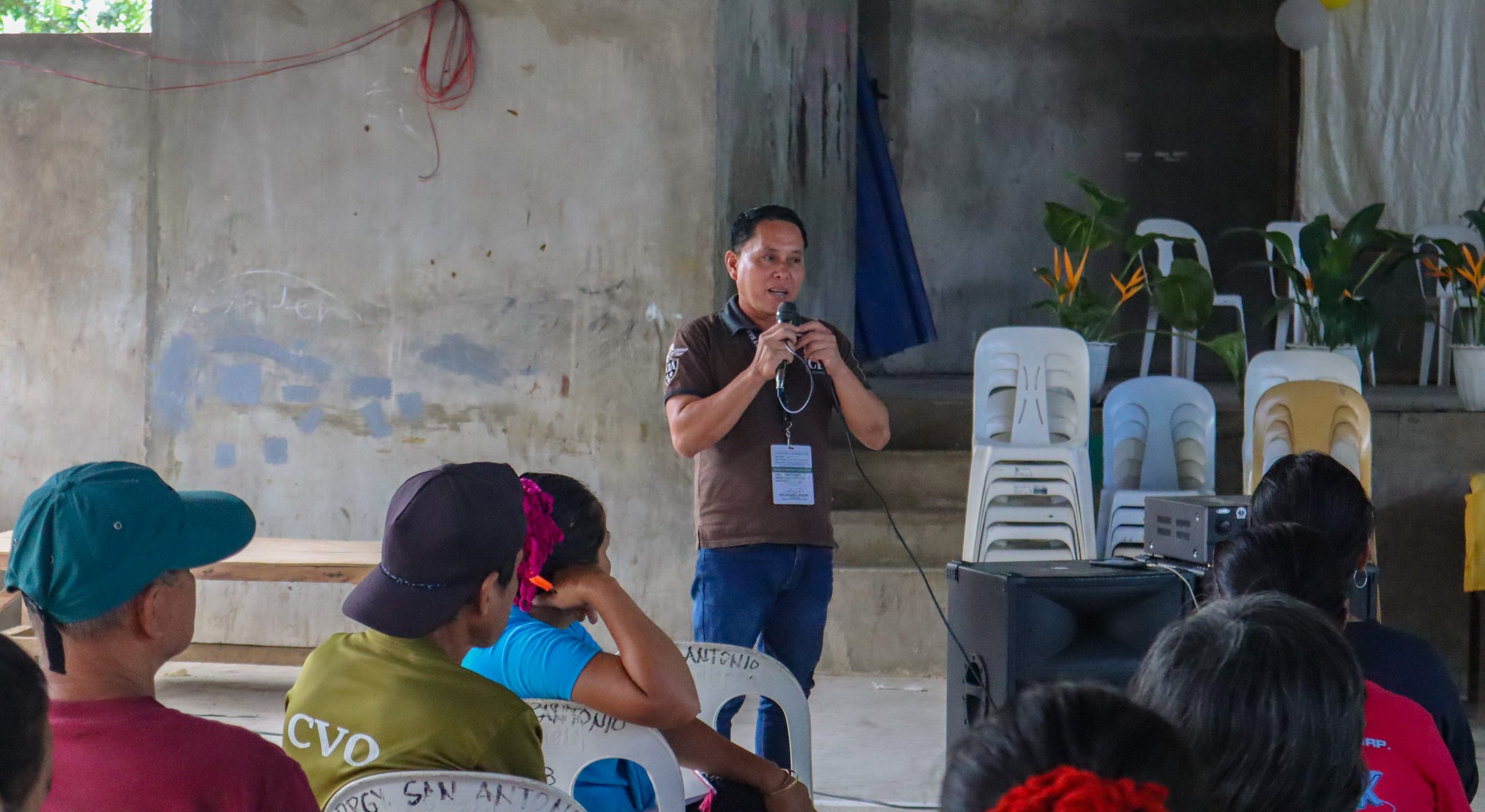
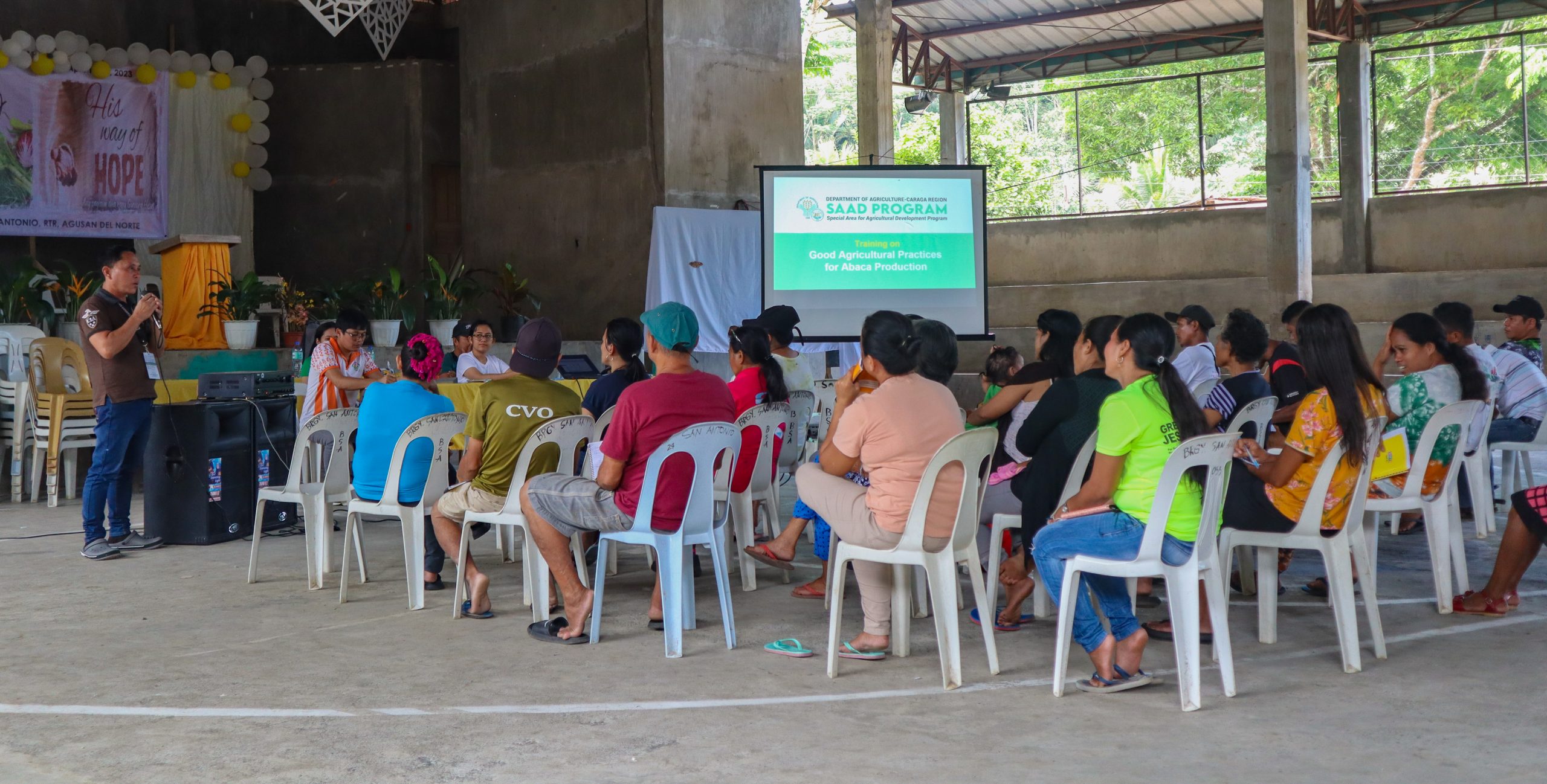
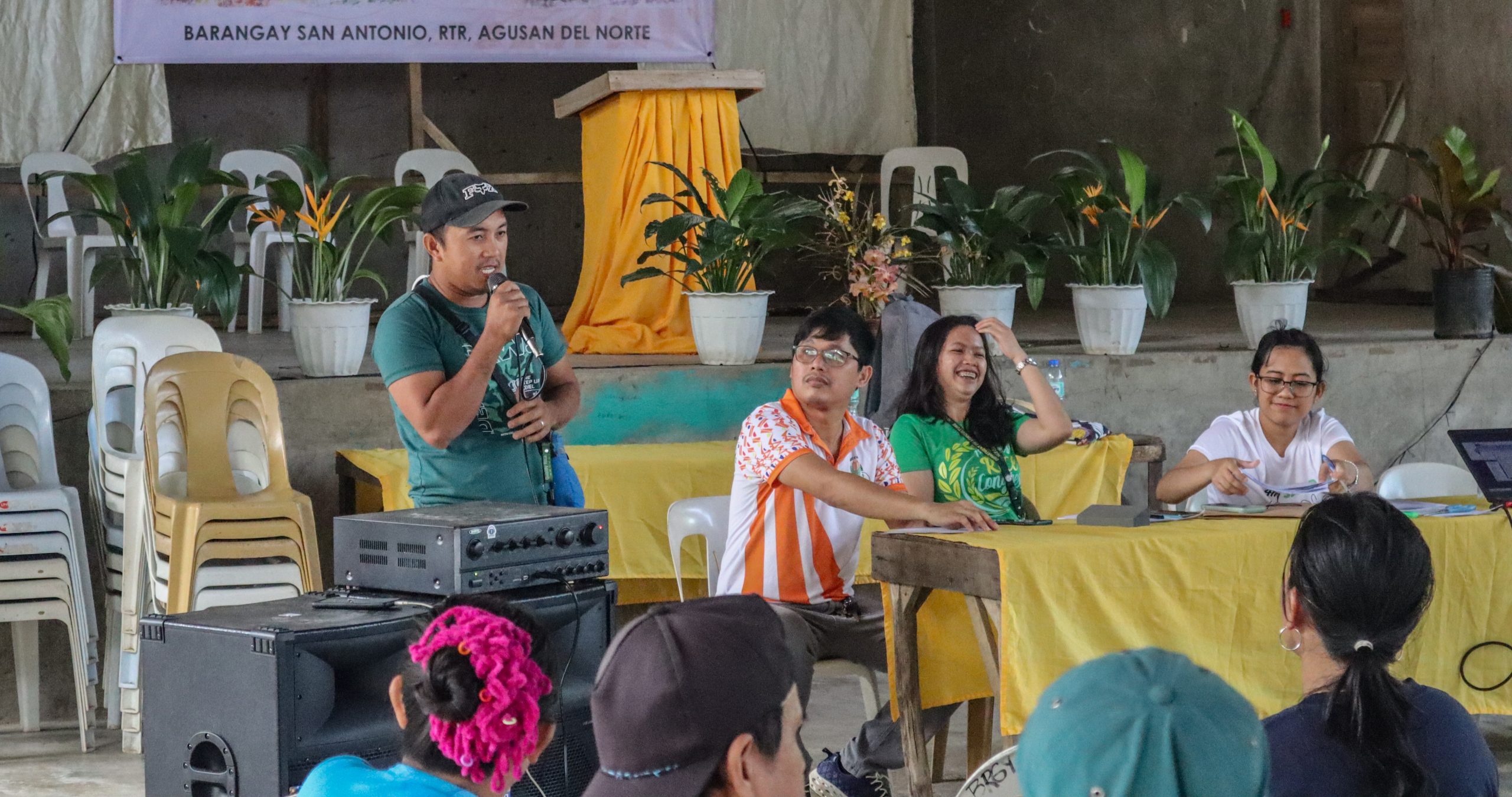
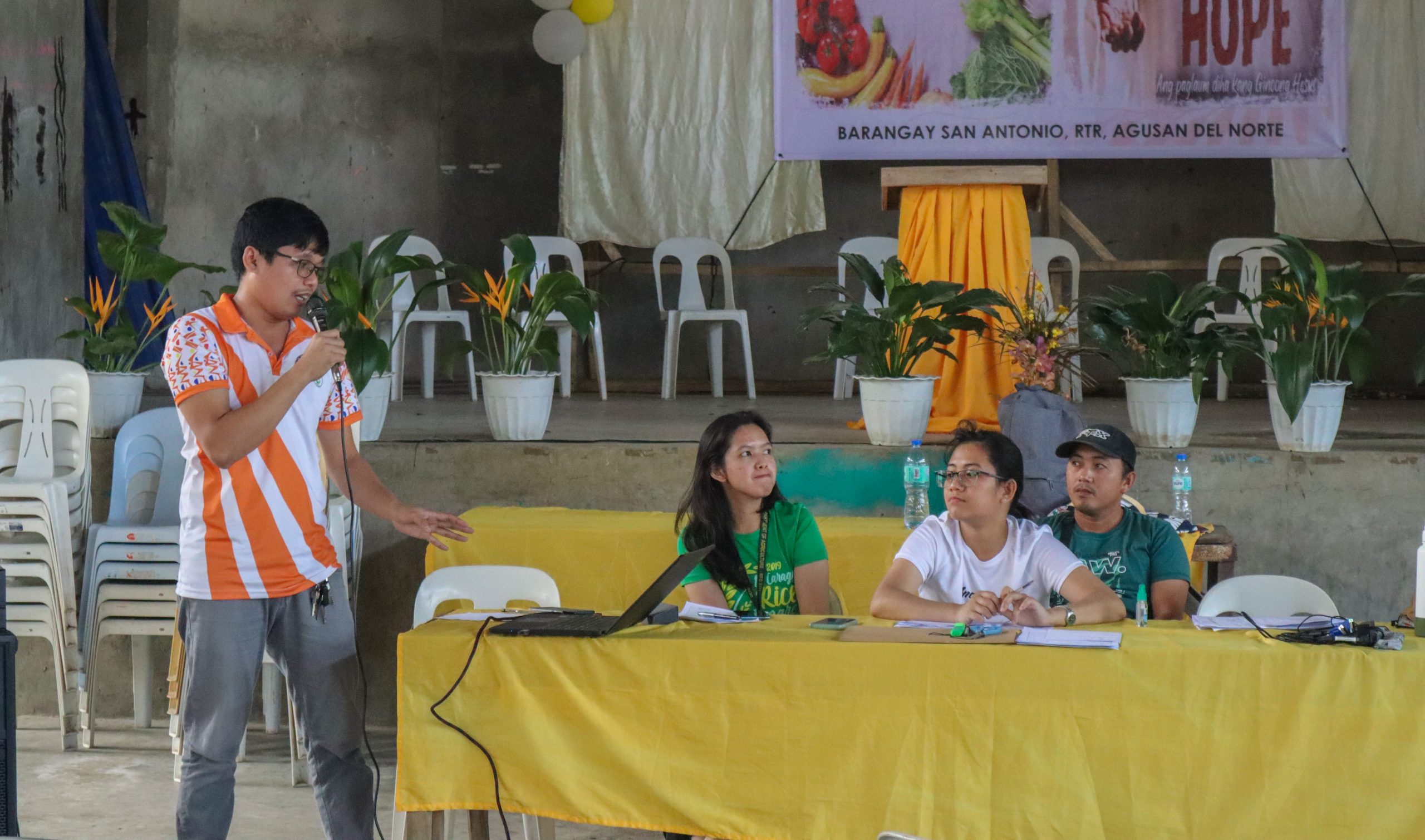
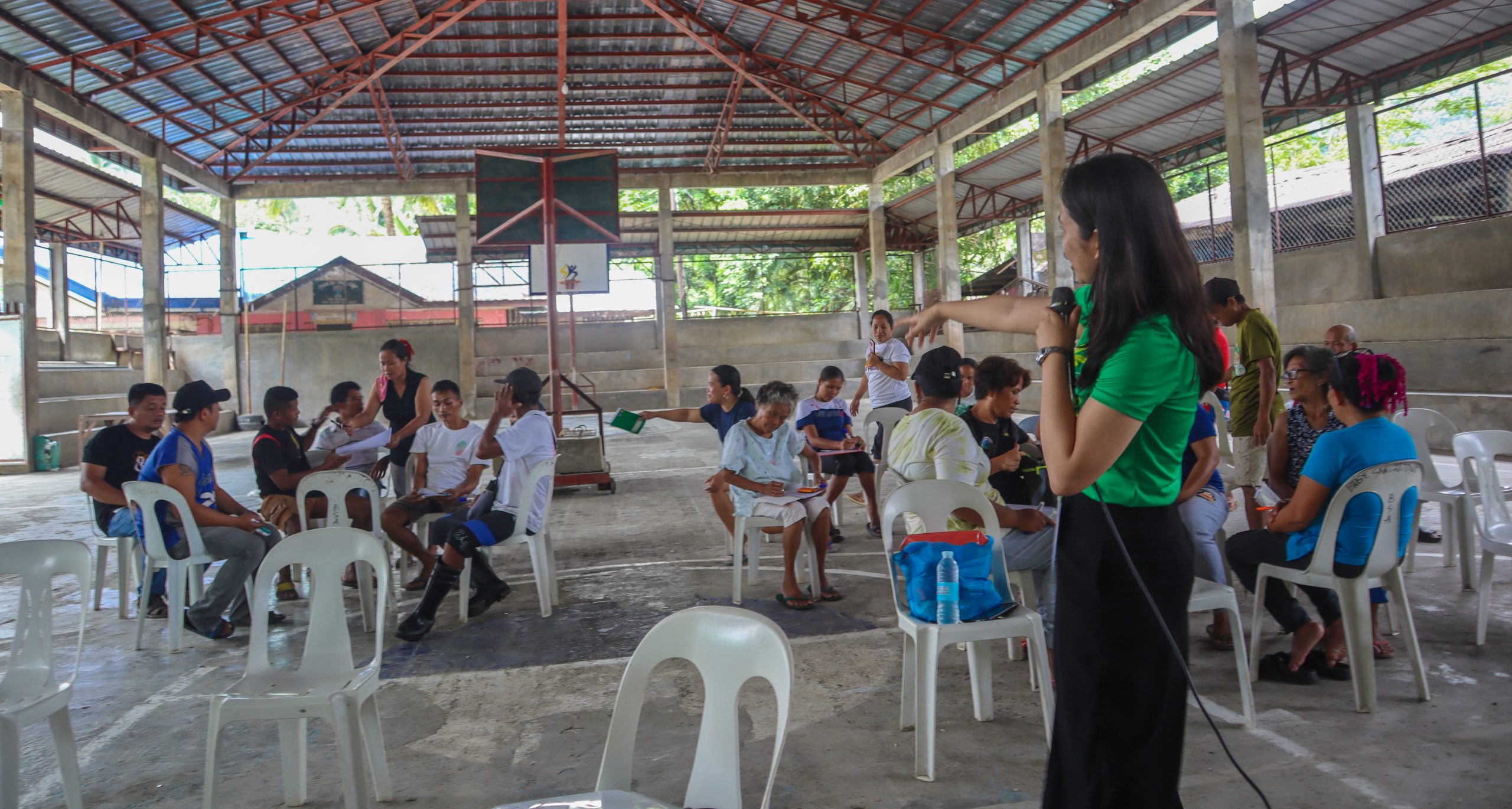
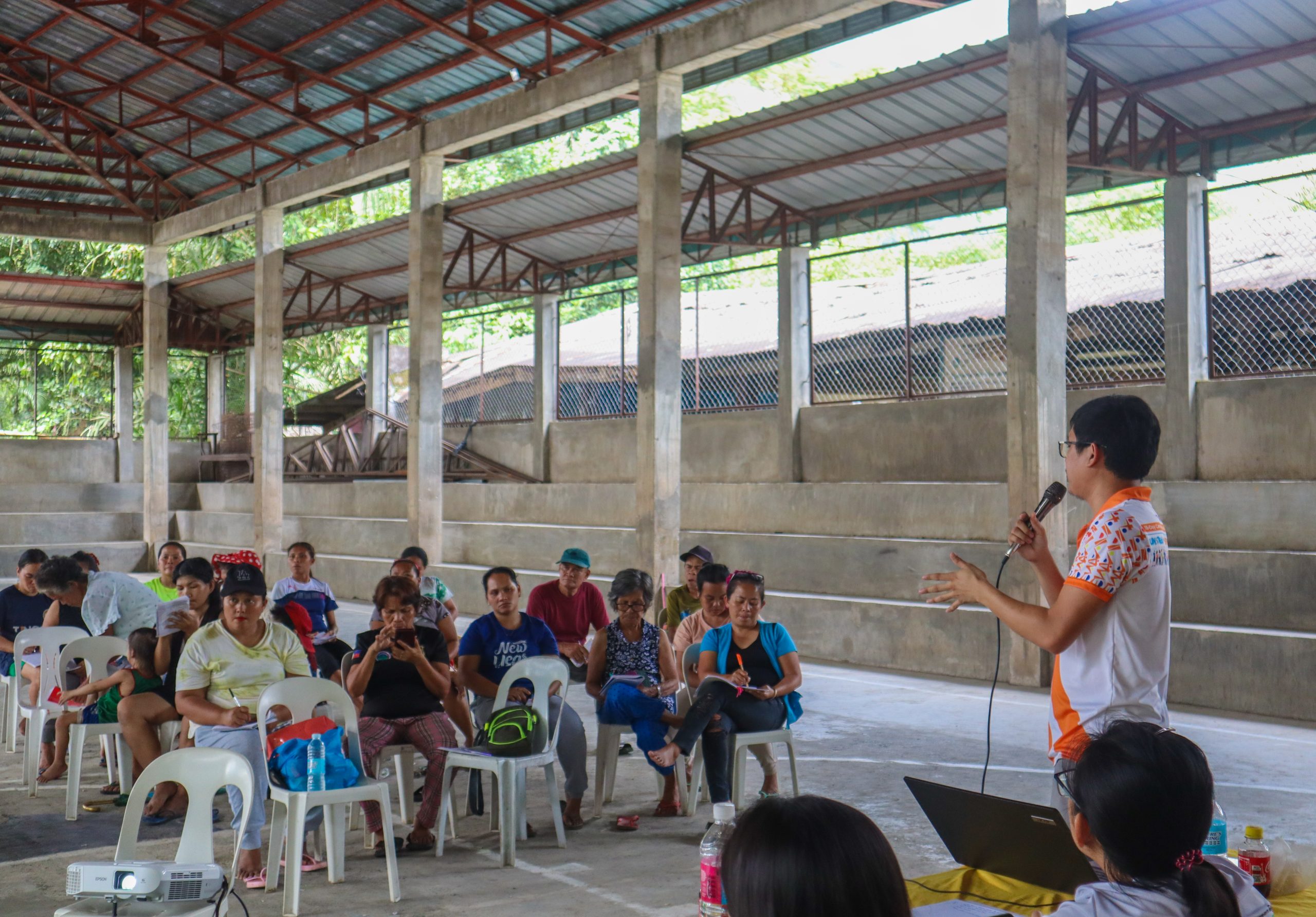
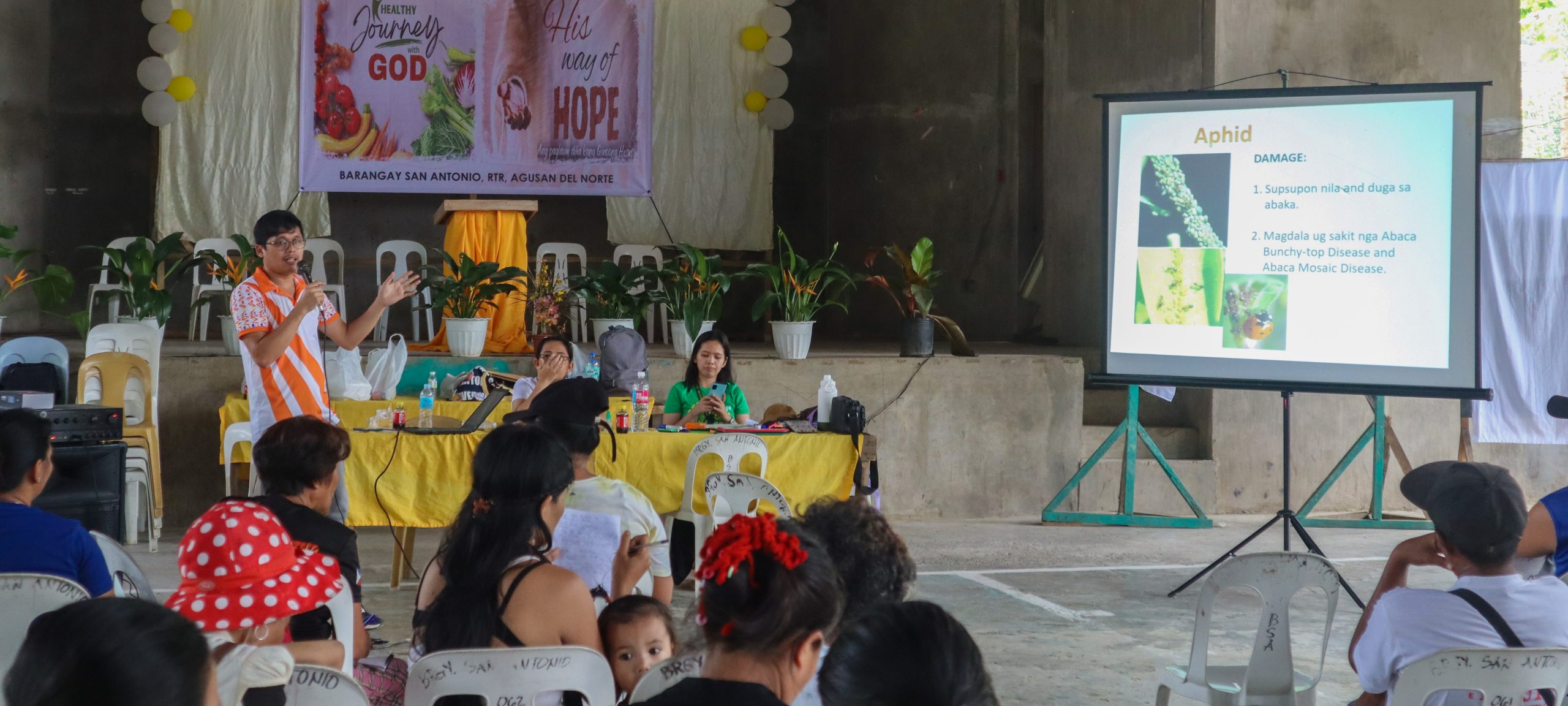
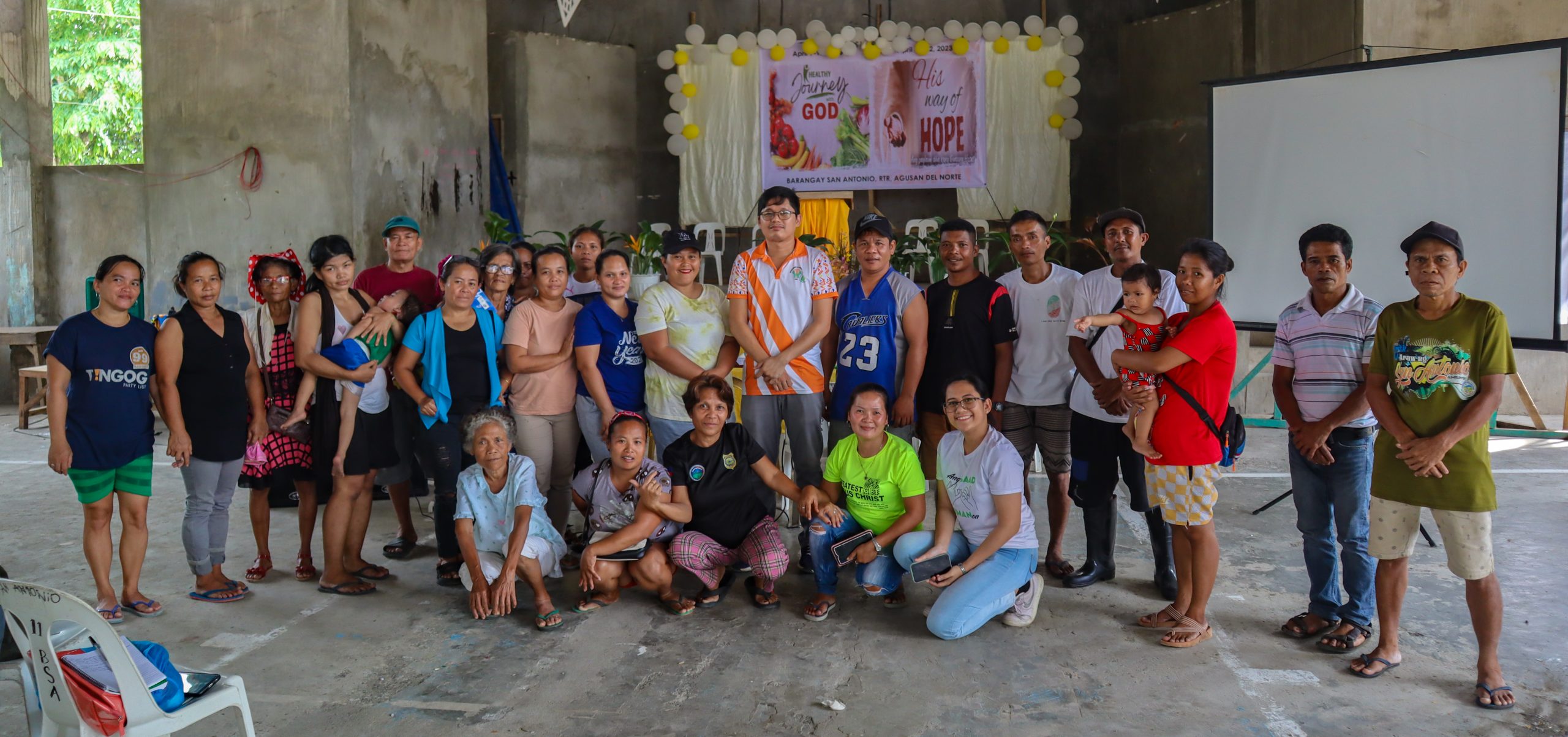
Comments (0)